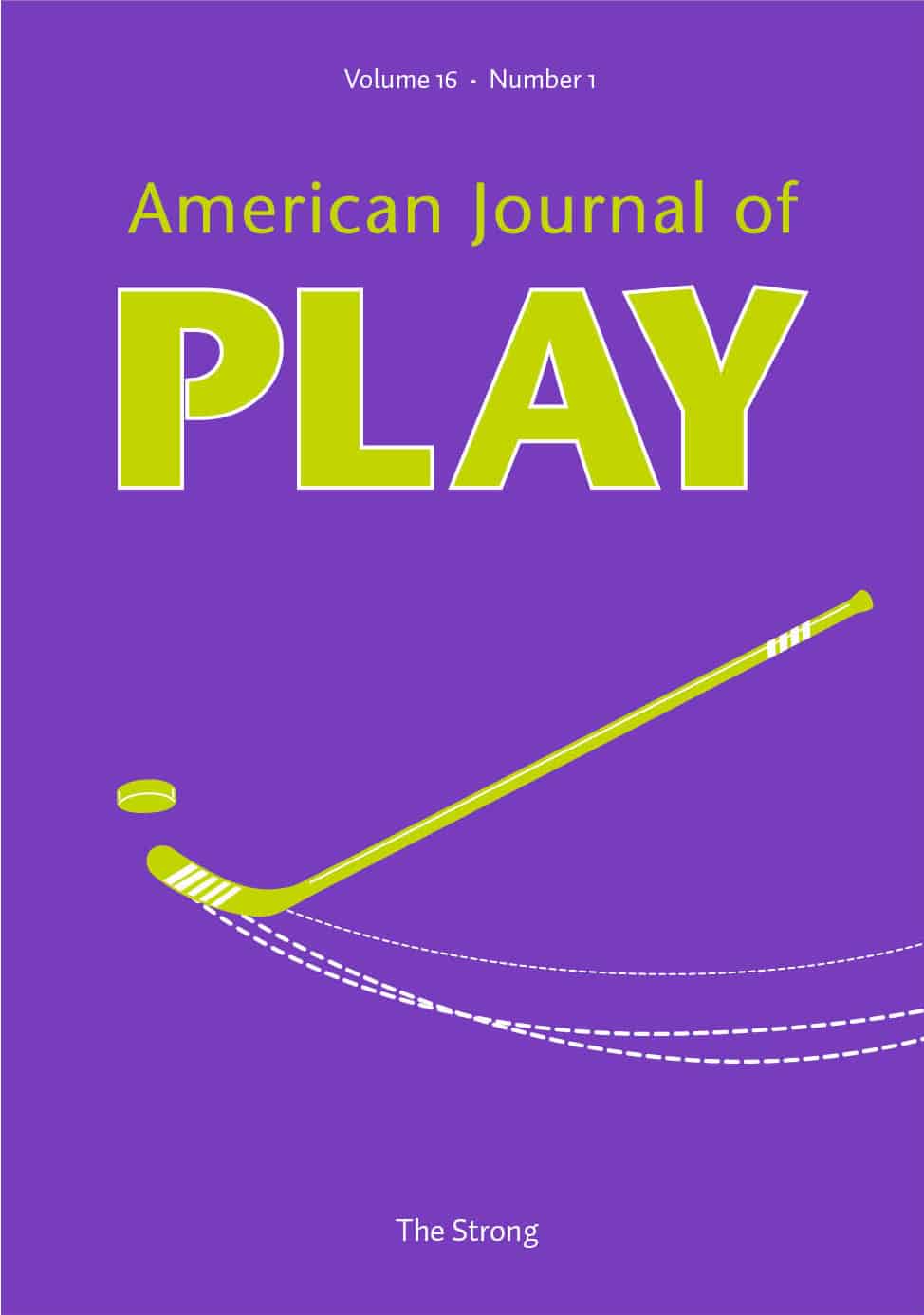The Power of Play Therapy: An Interview with Eliana Gil
Eliana Gil is founding partner of Gil Institute for Trauma Recovery and Education, LLC, a private practice in Fairfax, Virginia. As a registered play therapist; a registered art therapist; and a licensed marriage, family, and child counselor, her research and her clinical practice have focused on working with traumatized children, play therapy, posttraumatic play, and family play therapy. She is the author, coauthor, or coeditor of many publications, including Cultural Issues in Play Therapy (2nd ed., 2021), Post-Traumatic Play in Children: What Clinicians Should Know (2016), Play in Family Therapy (2nd ed., 2015), Working with Children to Heal Interpersonal Trauma: The Power of Play (2010), and The Healing Power of Play: Working with Abused Children (1991). She has been recognized for her work in child-abuse prevention by the American Family Therapy Association and the California Governor’s Award, and the Association for Play Therapy awarded her its lifetime achievement award.





